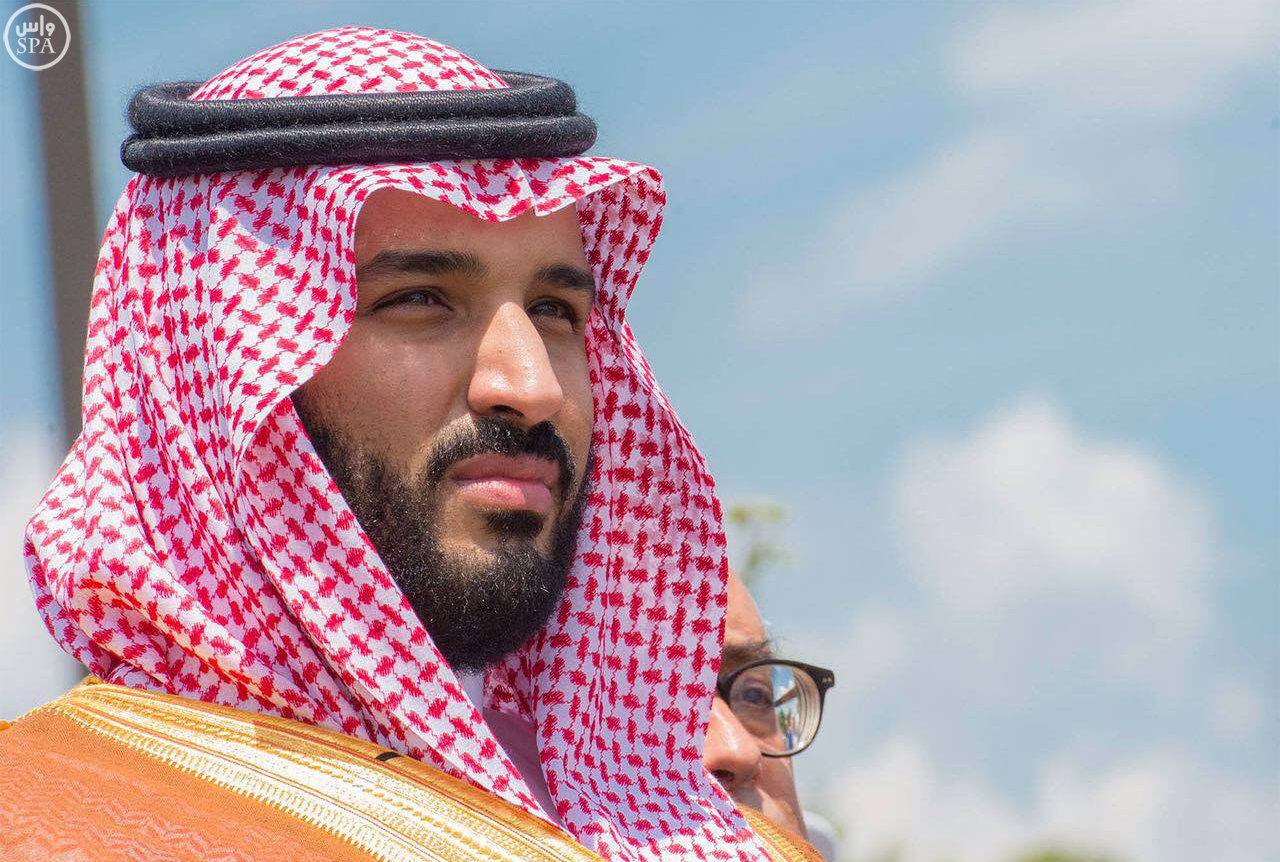A recent report by the International Monetary Fund (IMF) finds growth in the Middle East is slightly improving “largely driven by higher oil prices and improved export prospects” but emphasizes that countries will need to continue with plans to diversify their economies and implement policies that support jobs and productivity, like education and infrastructure reforms.
“Persistently lower hydrocarbon revenues mean that the current development model based on a redistribution of oil wealth through government jobs and generous subsidies is no longer sustainable. The challenge, therefore, is to develop a new model of economic growth that is both resilient and inclusive. In particular, there is a need to reduce the dependence on oil and generate private sector jobs for the rapidly growing labor force,” the IMF said.
The report says that while overall growth will slow in oil-exporting countries due to recent OPEC production cuts, the non-oil sector is expected to accelerate in 2017 as the pace of fiscal consolidation eases. In particular, the report notes, non-oil growth in the countries of the Gulf Cooperation Council (GCC) is projected to strengthen from almost 2 percent in 2016 to 3 percent in 2017.
The report says that fiscal adjustment and austerity measures in Saudi Arabia and other GCC countries must continue.
Subsidies from oil exporting countries is down from $190 billion in 2014 to a current estimate of $86 billion a year, but this was largely due to a global decline in energy prices since mid-2014, when prices had climbed above $100 a barrel, the AP’s Aya Batrawy notes.
The report also said that banks in the region remain “generally well capitalized. However, profitability is declining, liquidity has tightened in most countries— although it has eased in recent months in Saudi Arabia and the United Arab Emirates—and pressures on asset quality are emerging in some countries.”
Click here to read the full report from the IMF.
Saudi Arabia’s Deputy Crown Prince Mohammed bin Salman is slated to give an interview to Saudi TV channel, MBC. Prince Mohammed is expected to discuss the progress of Vision 2030 economic and social reforms and other key matters.









